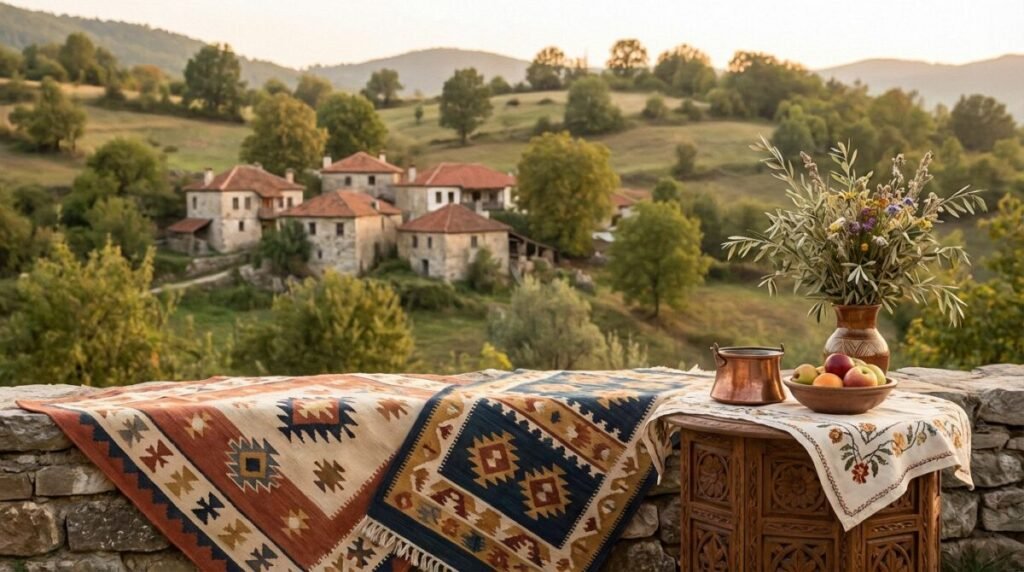Some words are more than just a collection of letters; they are a window into a culture. In the languages of the Balkans, the word đeman stands out as a term that is as beautiful as it is difficult to translate. It is a word that speaks of a person’s character, a quiet charm that goes far beyond physical appearance.
To be called a đeman is to be given a compliment of the highest order. It is a recognition of one’s inner grace, a testament to a gentle and respectful nature. This single word encapsulates a whole set of virtues that are deeply valued in Balkan societies.
What Does Đeman Mean?
At its heart, đeman describes a person who is pleasant, kind, and well-mannered. It is a word used for someone who carries themselves with a certain elegance and warmth, a person who is admired not for their looks, but for their actions and their gentle spirit.
While English words like “charming,” “graceful,” or “elegant” come close, they don’t quite capture the full meaning of đeman. The word carries a sincerity and a depth that is rooted in a culture that places a high value on character and moral integrity.
The Ottoman Roots of a Balkan Gem
The story of đeman begins centuries ago, during the time of the Ottoman Empire’s influence in Southeastern Europe. The word is believed to have originated from the Turkish word cemal, which means beauty, grace, and pleasantness.
As the Ottoman culture blended with the local Slavic traditions, many Turkish, Arabic, and Persian words found their way into the languages of the region, including Bosnian, Serbian, and Croatian. These words often described concepts related to social etiquette, morality, and inner virtues, and đeman is a perfect example of this linguistic and cultural fusion.
Đeman in the Fabric of Balkan Society
In traditional Balkan communities, being called a đeman was a sign of great respect. It was a word that spoke of a person’s good upbringing and their honorable conduct. A đeman woman was not just beautiful, but also humble and respectful. A đeman man was known for his kindness and his calm and composed demeanor.
This quality was seen as a form of non-material wealth, a richness of character that was more valuable than any worldly possession. A person described as đeman was someone you could trust, someone who was liked and respected by the entire community.
From Folk Songs to Social Media: Đeman in Modern Times
The word đeman has long been a part of Balkan artistic expression. It is woven into the fabric of folk songs, poems, and oral tales that celebrate moral beauty and grace. Heroes and heroines in traditional ballads were often described as đeman, their kindness and decency making them beloved figures.
Even in today’s fast-paced, digital world, đeman has found a new life. Young people in the Balkans and in diaspora communities around the world use the word on social media as a sign of admiration and respect. It has become a bridge to their heritage, a way of connecting with the values of their culture.
More Than a Word: The Enduring Value of Đeman
Đeman is more than just a word; it is a reflection of a worldview that celebrates humility, respect, and moral beauty. It is a reminder that true worth comes not from what you have, but from who you are and how you treat others.
In a world that is often loud and chaotic, the concept of đeman offers a quiet reminder of the power of kindness and grace. It teaches us that true beauty is not something that is seen, but something that is felt in the warmth and sincerity of our interactions with others. The legacy of đeman endures because it speaks to a universal truth: that character and grace are timeless virtues.

